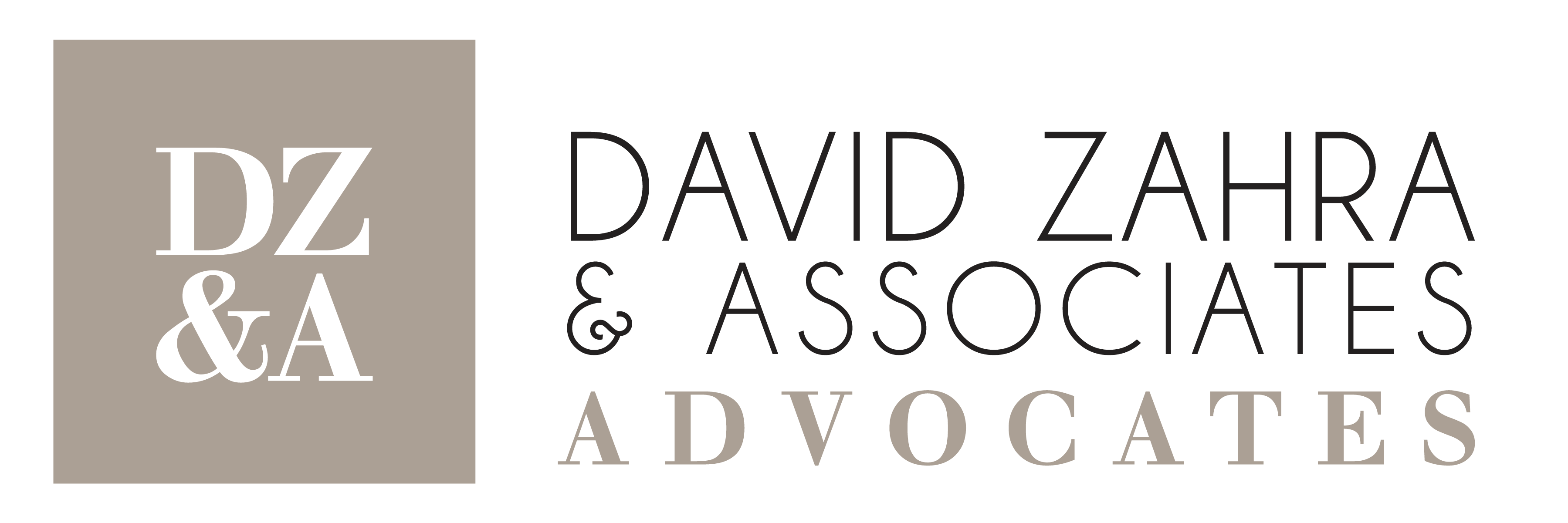The recent implementation of the ‘Digital Platform Delivery Wages Council Wage Regulation Order’ (the “Order”) through Legal Notice 268 of 2022 (the “Legal Notice”) is a response to the growth of digital labour platforms witnessed especially during the Covid-19 pandemic. The increase in digital platform services brought with it various challenges, particularly vis-à-vis the employment status and rights of workers performing such digital platform work.
The Order aims to regulate the work performed by persons engaged by digital labour platforms by affording them labour and social protection rights. A platform worker is defined as “any person performing digital platform work and who has entered into a contract of employment or an employment relationship or any other form of arrangement irrespective of the contractual designation with any digital labour platform or multiple digital labour platforms and who is engaged, whether on a regular or on an irregular basis, to provide services consisting of the delivery of any product.” This definition also extends to persons who are engaged by a work agency and are then assigned to, or placed at the disposal of, a digital labour platform.
The Order establishes a legal presumption of an employment relationship between the platform worker and the digital labour platform/work agency. While this presumption may be rebutted by the digital labour platform/work agency as well as the platform worker before the Director General responsible for Employment and industrial Relations, the former shall bear the burden of proof; here, the Legal Notice provides 5 criteria of which 4 must not be fulfilled for the successful rebuttal of the presumption. The criteria listed are:
- The effective determination of, or stipulating the maximum limits for the level of remuneration;
- The requirement that the person performing digital platform work respects specific binding rules with regard to appearance and conduct towards the recipient of the service or performance of the work;
- The supervision of the performance of the work or the verification of the quality of the results of the work, including by electronic means;
- The effective restriction of the freedom, including through sanctions, to organise one’s work, in particular the discretion to choose one’s working hours or periods of absence, to accept or to refuse tasks or to use sub-contractors or substitutes;
- The effective restriction of the possibility to build a client base or to perform work for any third party.
The Order stipulates that the employer must grant platform workers the same wages paid to a comparable employee employed by the same employer, or when there is no such comparable employee a pay not less than the national minimum wage. The same applies in relation to the conditions of employment; with the minimum conditions being laid down in the Employment and Industrial Relations Act. Certain other conditions of employment, such as sick leave and minimum overtime rates, are covered specifically in the Order. Employers are bound to provide the platform worker with a letter of engagement/signed declaration which shall include the information listed in the Transparent and Predictable Working Conditions Regulations (Legal Notice 267 of 2022). Employers are also obliged to provide platform workers with, at their own expense, the vehicles (and are to cover all costs associated with the use of the vehicles), equipment, material, tools, mobile phone and internet services necessary for the platform work to be carried out.
Furthermore, the Legal Notice regulates the use of automated systems by digital labour platforms including the use of automated monitoring systems and automated decision-making systems. Employers are obliged to inform platform workers of automated monitoring systems which are used to monitor, supervise or evaluate the work performance of platform workers through electronic means and automated decision-making systems which are used to take or support decisions that significantly affect the platform workers’ working conditions. In particular, their access to work assignments, their earnings, their occupational safety and health, their working time, their promotion and the status relating to their employment, including the restriction, suspension or termination of their digital account.
Any person who contravenes the provisions of this Order shall be guilty of an offence and shall be liable to a fine not exceeding €2,000.
Should you have any queries about or require further information on the Digital Platform Delivery Wages Council Wage Regulation Order, feel free to get in touch with us on krista@davidzahra.com.



